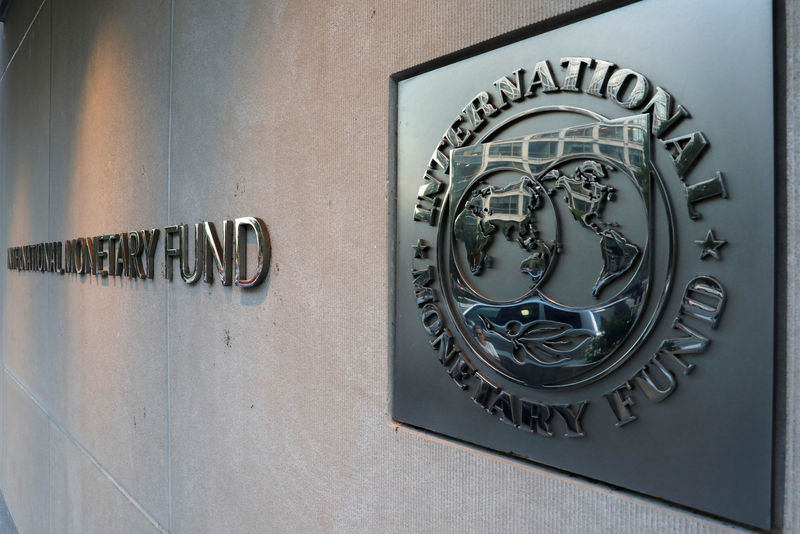IMF Report: Global Success in Combating Inflation Within Reach
The International Monetary Fund (IMF) released its October 2024 World Economic Outlook report. The report highlighted that the global fight against inflation has largely been successful, though price pressures persist in some countries. Headline inflation rates, which peaked at a high of 9.4% annually in the third quarter of 2022, are projected to decline to 3.5% by the end of 2025, remaining below the 2000-2019 average of 3.6%.
The global economy continues to show resilience Despite sharp and synchronized monetary tightening around the world, the global economy has remained resilient throughout the disinflationary process, avoiding a general recession. The IMF forecasts that global economic growth will remain steady at 3.2% for both 2024 and 2025. However, growth projections for low-income developing countries have been revised downward due to increasing conflicts.
Risks and uncertainties persist The report identified that risks to the global economy are tilted to the downside, largely due to increasing policy uncertainty. It warned that sudden market volatility could tighten financial conditions and lead to capital outflows in emerging economies. This scenario is expected to exert pressure on investment and growth. Ongoing geopolitical tensions and rising commodity prices may also prevent central banks from loosening monetary policy, posing challenges for fiscal policy and financial stability.
China’s impact on global markets assessed The IMF report noted that a deeper and more prolonged contraction than expected in China’s real estate sector could weaken consumer sentiment and lead to financial instability. Given China's significant share in global trade, this situation could have negative global repercussions. Protectionist policies could escalate trade tensions, reduce market efficiency, and adversely affect supply chains.
Finally, the report stated that increasing social tensions could lead to social unrest, undermining consumer and investor confidence. This could delay the acceptance and implementation of necessary structural reforms.


